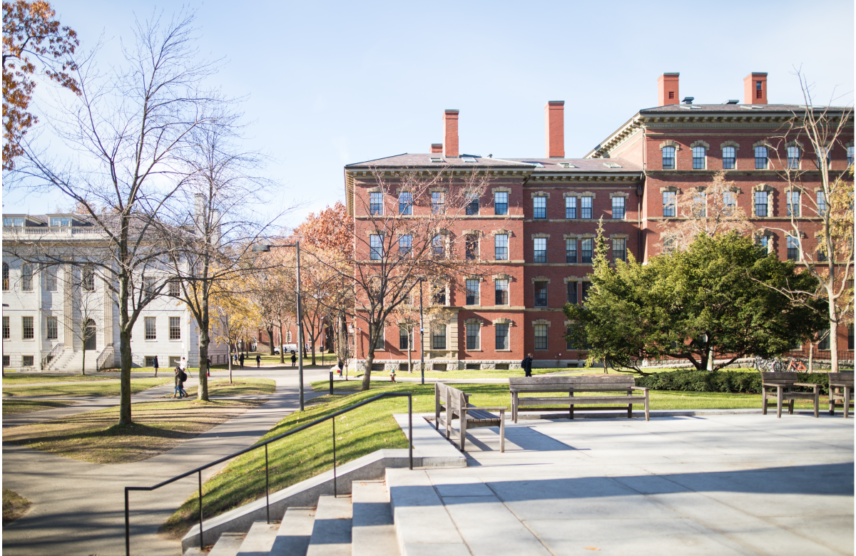When you’re trying to decide which college to attend, there are several factors you should consider. Check out these tips to find the college that is the best fit for you!
Field of Study
If you already know what your major will be, this can help you decide which college to attend. The program you are interested in may not be offered at every school, so that could help you narrow down your options. Speak with an admissions representative about the majors available at their college, or check the school website.
Another option is to Google your major. Usually a list of schools that offer that program will come up. However, you should not automatically choose a school because it has the ‘best’ program for your field of study. Prestigious colleges have high admission standards and are often expensive, so consider the other items on this list before you start applying to Harvard.
Your Qualifications
Every school has different standards for admission. These standards will depend on the type of classes you took in high school, your high school GPA and likely your ACT or SAT scores, and your extracurricular activities. You do not need to have the highest academic qualifications in order to be accepted into every school, you simply need to find the schools that are the best fit for you academically. Talk to your high school counselor about how to put your best foot forward when applying for college admission.
Cost/Aid
One of the biggest factors when deciding your college is determining which types of schools can fit with your financial situation. A community college is going to be cheaper than a four-year school, private schools cost more than public schools, and in-state schools are generally going to be more affordable than out-of-state schools. In order to get the full picture of your college finances, start out by completing the Free Application for Federal Student Aid (FAFSA). If you haven’t completed the FAFSA yet, it’s not too late! Call the EducationQuest office nearest you for free assistance.
When you combine any of your existing college savings with scholarships, grants, and student loans, you’ll get a better idea of what makes sense for you. Some schools will offer you better scholarship packages than others, so be sure to factor that into your decision. Remember, you’ll have to pay off any student loans after you leave college, so work on getting as much scholarship aid as possible!
Logistics
Although academics and financial aid are important to consider, you should also take your own lifestyle preferences into account. If you’re going to spend multiple years at this school, you should make sure that it will be somewhere that you like.
When you picture yourself at college, do you see yourself living near your hometown, or further away? Do you want to go to school in a city, or would you prefer a smaller town? Would you be ok with large lecture classes, or do you prefer smaller class sizes? Would it make sense to start out at a two-year school and then transfer to a four-year school? What kind of transportation and housing options will be available to you in different areas? What kind of events and extracurricular activities do you want to participate in at college? It can be difficult to know exactly what you want, which is why you should make time to visit colleges during your junior and senior years. Check out this blog for some campus visit tips! College Profiles is another great resource to help you compare colleges.
Although there are several factors to consider when selecting your future college, these questions are essential to helping you find the right fit. If you’re having trouble deciding, don’t be afraid to ask your parents or other trusted adults for advice. Good luck on your college journey!
